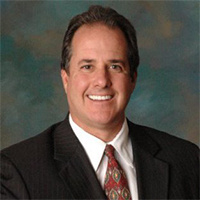Millbury Felony Lawyer, Ohio
Not enough matches for Millbury Felony lawyer.
Below are all Millbury Criminal lawyers.
Martin J. McManus
✓ VERIFIEDAccident & Injury, Criminal, Traffic, Divorce & Family Law, Estate
Martin J. McManus, a third generation attorney, has long been dedicated to the practice of personal injury, wrongful death, car accident, medical malp... (more)
Stephen D. Hartman
Litigation, Criminal, Constitutional Law, Legal Malpractice
Status: In Good Standing
Ernest Eugene Cottrell
Real Estate, Estate Planning, Estate, Criminal
Status: In Good Standing Licensed: 40 Years
Lorin Jay Zaner
Criminal, Personal Injury, Divorce & Family Law
Status: In Good Standing Licensed: 49 Years
Kati E. Tharp
Criminal, Motor Vehicle, Juvenile Law, Divorce & Family Law, Estate
Status: In Good Standing Licensed: 10 Years
FREE CONSULTATION
CONTACTFREE CONSULTATION
CONTACTBruce William Boerst
Medical Malpractice, Federal Appellate Practice, Criminal, Personal Injury
Status: In Good Standing Licensed: 16 Years
Robert Charles Tucker
Litigation, Social Security, Criminal, Administrative Law
Status: In Good Standing Licensed: 15 Years


